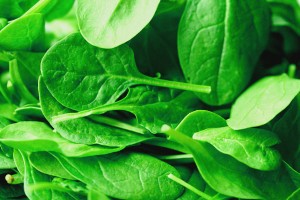 Calcium is best known as a key component of bones, and in fact 99% of the calcium in our bodies is in bones in teeth.
Calcium is best known as a key component of bones, and in fact 99% of the calcium in our bodies is in bones in teeth.
The other 1% in blood and cells is essential for many metabolic reactions. Calcium is involved with muscle, blood vessel dilation and contraction, cell signaling, energy metabolism, blood coagulation and hormone secretion.
Because calcium is critical to so many processes, blood levels must be maintained within a narrow range. When calcium intake is low, bones act as a calcium reserve. Calcium can be released from bones to keep blood levels within the normal range.
Children and teens need to consume enough calcium to support growth. Women who are pregnant or nursing need more than other women. Calcium is especially critical for breast milk production. Insufficient calcium intake while nursing means calcium will be removed from the mother’s bones to make milk for the baby.
Recommended Dietary Allowances for Calcium
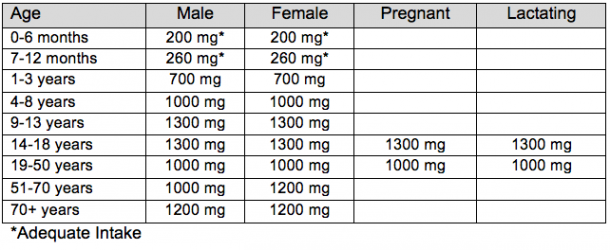 Source: Office of Dietary Supplements, National Institutes of Health
Source: Office of Dietary Supplements, National Institutes of Health
Which Foods Have Calcium?
Yoghurt
Ricotta cheese
Hard cheeses (cheddar, swiss)
Collard greens
Sardines, canned
Spinach
Soy and alternative milks, fortified with calcium
Canned salmon
Kale
Soy beans
Beet greens
Tofu
Cottage cheese
White beans
Black eyed peas
Chick peas
Calcium fortification of ready-to-eat cereals typically is not at levels sufficient to meet a day’s recommended intake, because it would be difficult to add that much calcium to a food product without substantially changing the quality.
What Happens If You Don’t Get Enough Calcium?
Poor calcium intake is not reflected in blood levels, because levels are maintained by releasing calcium from bones. Low blood calcium can be caused by a variety of medical conditions unrelated to calcium intake, such as hormonal problems, kidney disease and alcoholism.
Long term deficient calcium intake is more likely to show up as low bone density, because bone calcium is used to support blood levels. Bones that are less dense are more prone to fractures.
Vegans are at particular risk for bone density problems due to insufficient calcium intake. One solution is to use soy milk that has been fortified with calcium. Anyone who avoids dairy products, such as people with allergies to cow’s milk, can also have deficient intake.
High sodium intake can increase calcium excretion, which can lead to bone depletion and a deficient state over time. So cutting excess sodium intake while also increasing calcium can improve bone density.


 Are you ready to look better, feel more energized, and get back that youthful feeling you remember having as a kid? I can help you on a journey that will change the way you eat — for good. My
Are you ready to look better, feel more energized, and get back that youthful feeling you remember having as a kid? I can help you on a journey that will change the way you eat — for good. My 



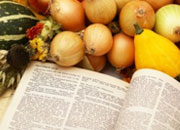







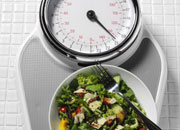


 As a healthy cooking expert, health coach and TV host,
As a healthy cooking expert, health coach and TV host, 


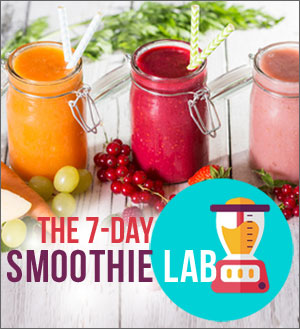
Speak Your Mind